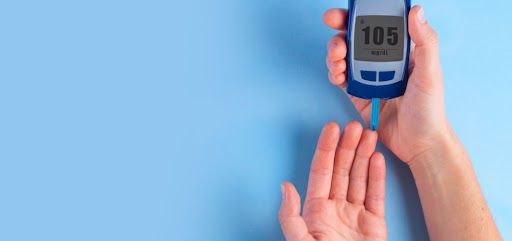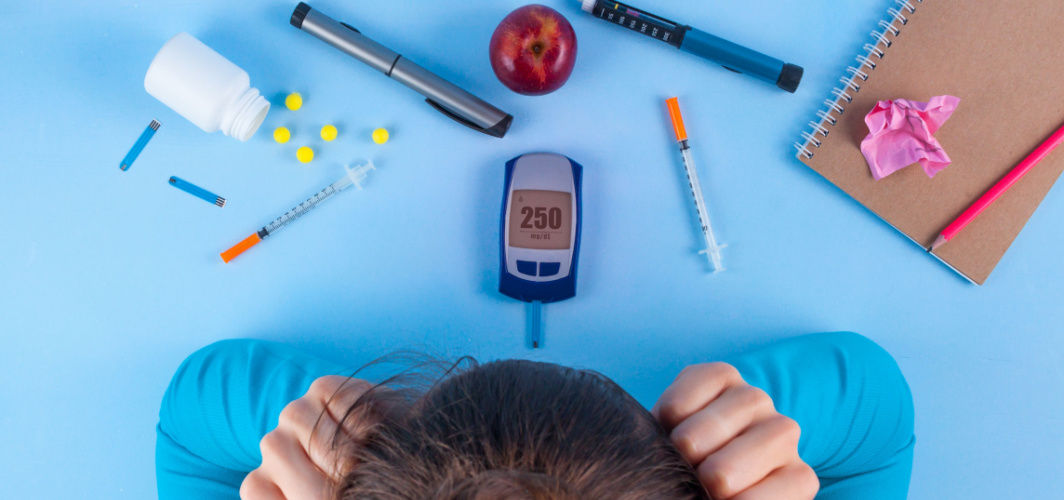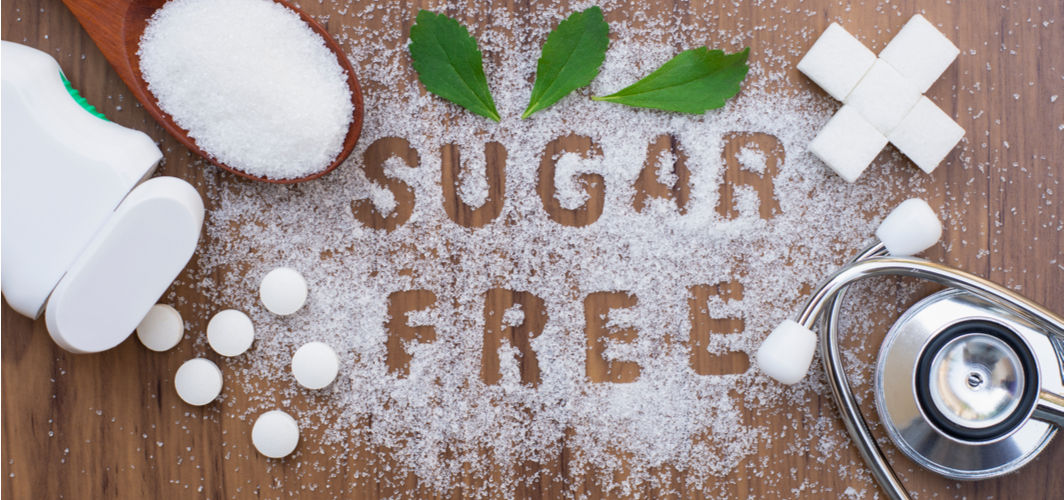Diabetes Management
Can Low-Carb Foods Help with Diabetes Remission?
4 min read
By Apollo 24/7, Published on - 25 January 2021, Updated on - 27 August 2023
Share this article
1
7 likes

What is diabetes remission?
How can a low-carb diet help in diabetes remission?
- Minimize processed foods such as cakes, biscuits, white bread and sugary beverages such as cold drinks, fruit juices and smoothies.
- Choose to have carbs from high-fibre foods such as whole fruits, whole grains, lentils, beans, nuts and seeds and green vegetables.
- Add yoghurt and low-fat milk to the diet to maintain the calcium levels in the body.
Recommended Read: Are Low-carb Diets Healthy?
Low-carb diet along with weight loss for diabetes remission
- People on a low-carb diet lost about 3.4 Kilograms of weight more than those on other diets.
- Low carb diet also reduced the triglyceride (a type of fat) levels in the body.
- 57% of the people on a low-carb diet had gone into remission, whereas only 31% of the people, out of those on another type of diet, managed to achieve remission.
- However, on following up both the groups after 12 months, diabetes remission diminished in most subjects. It was noticed that remission was prevalent only in people who adhered to the low-carb diet in a sustained manner and lost weight while following it.
- The research concluded that weight loss is extremely important for the improvement of blood sugar levels and to achieve remission from type 2 diabetes.
Takeaway
You can also manage your diabetes like a pro with Apollo 24|7's 12-week empower programme.
Diabetes Management
Consult Top Diabetologists
View AllLeave Comment
Recommended for you

Diabetes Management
All You Need To Know About Diabetes
This comprehensive guide provides a detailed overview of diabetes mellitus, exploring its various types, causes, symptoms, diagnosis methods, complications, and treatment options. The article emphasizes the importance of understanding the causes and risk factors of diabetes, including heredity, insulin resistance, obesity, genetic disorders, hormonal imbalances, and unhealthy lifestyle choices.

Diabetes Management
6 Major Complications Of Diabetes
Diabetes mellitus must be managed well to avoid major complications, such as cardiovascular disease, neuropathy, nephropathy, retinopathy, foot problems, and increased susceptibility to infections. You must take proactive measures to reduce these risks and enhance your overall health and well-being.

Diabetes Management
Can People with Diabetes Consume Low Calorie Sweeteners?
Common low-calorie sweeteners approved by the FDA include aspartame, acesulfame potassium, saccharin, sucralose, stevia, advantame, and neotame. Though artificial sweeteners are considered safe, long-term or excessive use may have side effects such as altered taste buds, increased cravings for sweets, and a potential association with weight gain, metabolic syndrome, and type 2 diabetes. Consulting with a dietician can help in managing blood sugar levels effectively.
Subscribe
Sign up for our free Health Library Daily Newsletter
Get doctor-approved health tips, news, and more.
Visual Stories

8 Fruits That are Incredibly Healthy for Diabetes
Tap to continue exploring
Recommended for you

Diabetes Management
All You Need To Know About Diabetes
This comprehensive guide provides a detailed overview of diabetes mellitus, exploring its various types, causes, symptoms, diagnosis methods, complications, and treatment options. The article emphasizes the importance of understanding the causes and risk factors of diabetes, including heredity, insulin resistance, obesity, genetic disorders, hormonal imbalances, and unhealthy lifestyle choices.

Diabetes Management
6 Major Complications Of Diabetes
Diabetes mellitus must be managed well to avoid major complications, such as cardiovascular disease, neuropathy, nephropathy, retinopathy, foot problems, and increased susceptibility to infections. You must take proactive measures to reduce these risks and enhance your overall health and well-being.

Diabetes Management
Can People with Diabetes Consume Low Calorie Sweeteners?
Common low-calorie sweeteners approved by the FDA include aspartame, acesulfame potassium, saccharin, sucralose, stevia, advantame, and neotame. Though artificial sweeteners are considered safe, long-term or excessive use may have side effects such as altered taste buds, increased cravings for sweets, and a potential association with weight gain, metabolic syndrome, and type 2 diabetes. Consulting with a dietician can help in managing blood sugar levels effectively.